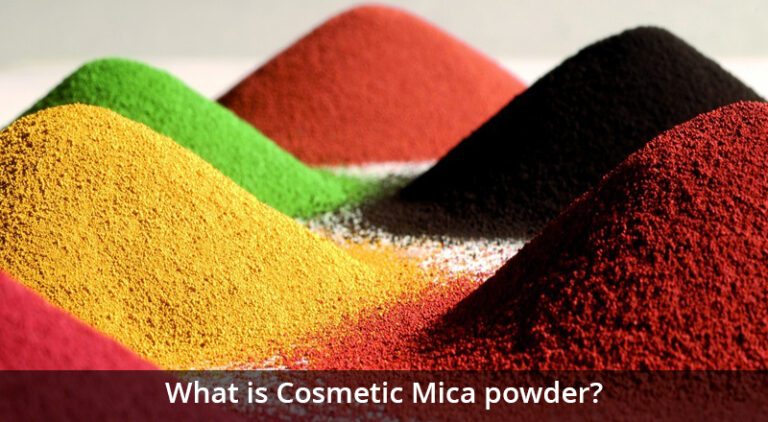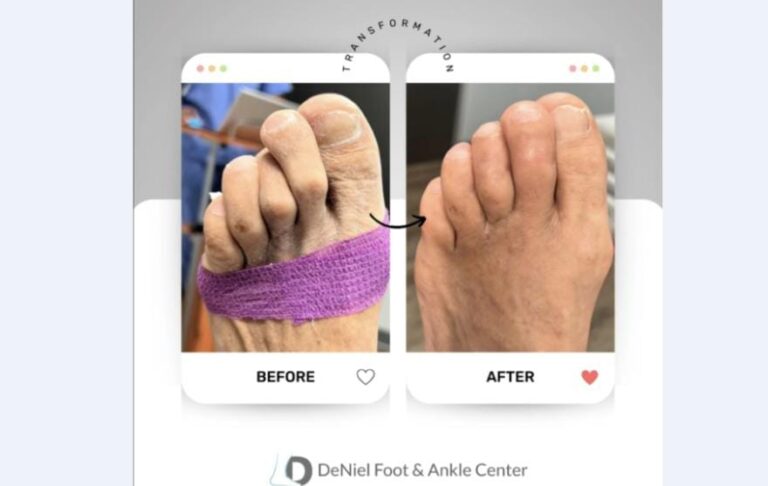The Effect of Connection on Mental & Emotional Well-Being
Health and well-being, mental and physiological, require intimacy. Whether it’s physical or psychological closeness, it doesn’t matter; all we have to know is that our relationships with other people affect how we feel and how we function. Fostering intimacy can lead to feeling like you belong, like you are safe, and like you are relatively mentally healthy. In this article, we’ll discuss the different types of intimacy and how they can affect mental and psychological health. We will also devote effort to intimate relationships for long-term well-being.
The Various Types Of Intimacy
Most people associate intimacy with physical closeness. But, it consists of a broader concept that involves more than one dimension.
1. Immediate Intimacy: It’s vulnerable, emotional, and almost thoughtful. This one is intimate, and a partner doesn’t have to act like somebody else; they can be themselves without judgment.
2. Physical Intimacy: Intimacy is about the act of touching and being physically close to someone. An opportunity to cuddle, hold hands, or hug will create a sense of security and comfort.
3. Intellectual Intimacy: This is about sharing ideas and equally meaningful dialogues. You can connect to people intellectually and feel supported in your thoughts with this.
4. Spiritual Intimacy: This intimacy is defined by sharing spiritual and life beliefs and values. It can build intimate contact between individuals with similar spiritual or philosophical beliefs.
All of these forms are integral to your relationship’s health and well-being. James says that if you lack any of them, such as empathy, distance can be created, and there can be emotional strain.
Concerns The Health Effects Of Barriers To Intimacy
Some relationships are way deeper than others. Sometimes, emotional distance, lack of communication, and unresolved issues get in the way of the partners getting closer. Getting little intimacy can drive people to increasing anxiety, loneliness, and stress.
In lighter situations, exposure to positive content on Tube may shift perceptions and affect real-life relationships. Healthy emotional or physical relationships are about creating genuine and meaningful connections, and you should focus on that.
Mental Health Is Just As Affected By Intimacy
1. Reduce Anxiety And Stress
Intimacy triggers oxytocin release in our bodies, otherwise known as the ‘love or cuddle hormone.’ Oxytocin aids bonding, decreases anxiety, and makes us feel more relaxed. It helps create more connections with other people and makes you less anxious and less lonely.
Emotional intimacy in romantic relationships allows you to discuss openly your stressors and worries; it gives you emotional support. This buffer from the everyday stresses of life is why if someone has a partner they can confide in, then the issue is much more manageable.
2. Improved Emotional Regulation
Emotional resilience can only be built through intimacy. When we feel safe and secure in our emotions, people can manage them better. One great way to improve your emotional health is to express yourself openly and without judgment to someone. This makes resilience to challenges greater and more rapid recovery from emotional distress.
But the fact that you know there is someone to support you will be comforting, and this can reduce your probability of getting depressed or undergoing extreme stress if you are going through a stressful period.
3. Reduce Depression Symptoms
Intimacy can be a fine antidote to depression. It helps people connect with others and be understood. Feeling close to others is known to help alleviate depression feelings like isolation. When times are tough, people know where to turn so they don’t feel alone and can be more hopeful.
Lack of emotional and physical intimacy doesn’t always help depression get better but can sometimes make it worse. For depression prevention, you need to tend to your intimate connections.
4. Promotes Physical Health
Intimacy affects mental and psychological well-being as well as physical health. Close emotional and physical ties can lower blood pressure, reduce the risk of heart disease, and even boost immune function, studies show. Low-stress response decreases the body’s response to decreasing amounts of stress hormones.
Conclusion
Good mental and psychological health is built on intimacy. One way intimacy helps create greater security is by providing physical closeness, emotional support, and the very important word of communication. Reducing stress and overall well-being. Today, many distractions and barriers keep us from experiencing true intimacy, but that’s what’s needed for good mental and emotional health.
Keep an eye for more latest news & updates on USA Upmagazine!





